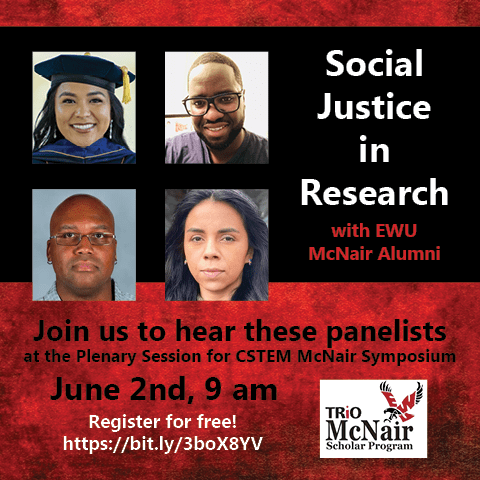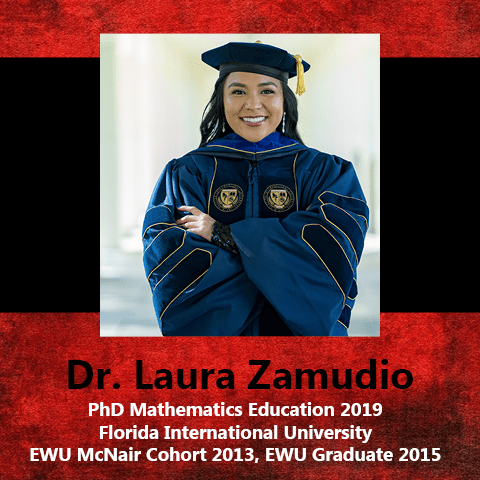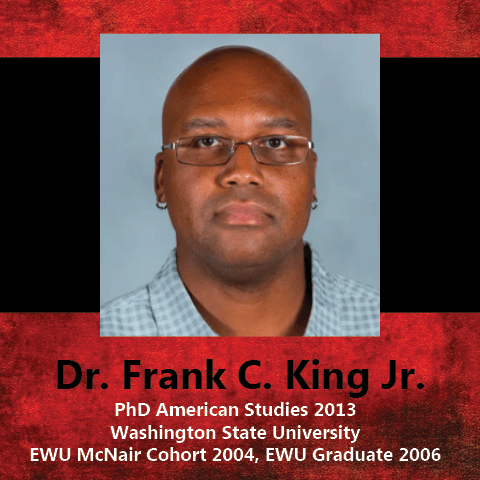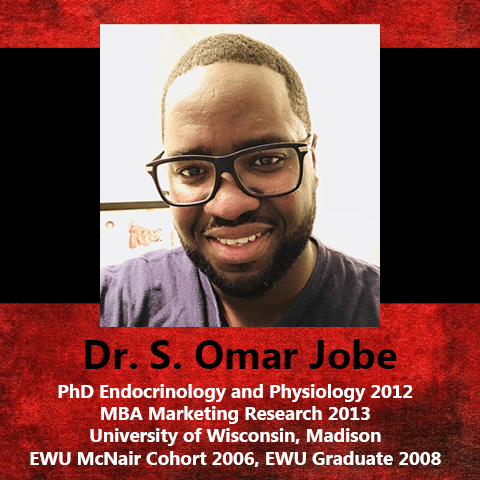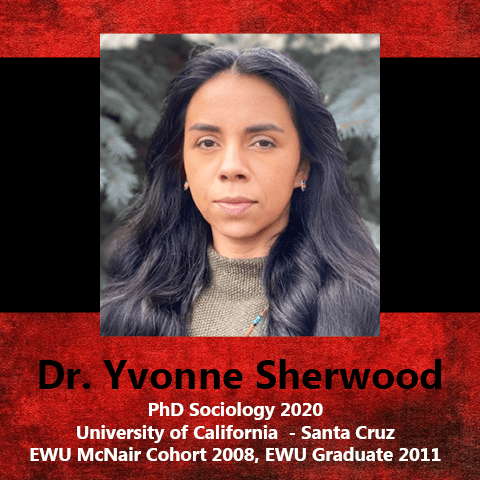Join us for the EWU McNair Alumni Social Justice in Research Panel
McNair is a federally funded TRIO program intended to diversify academia by providing support to low income and first-generation students and/or students racially underrepresented in higher education on their path towards attaining a PhD. To date 41 EWU McNair alumni have gone on to earn their PhD and many are currently in graduate school getting … Read more
